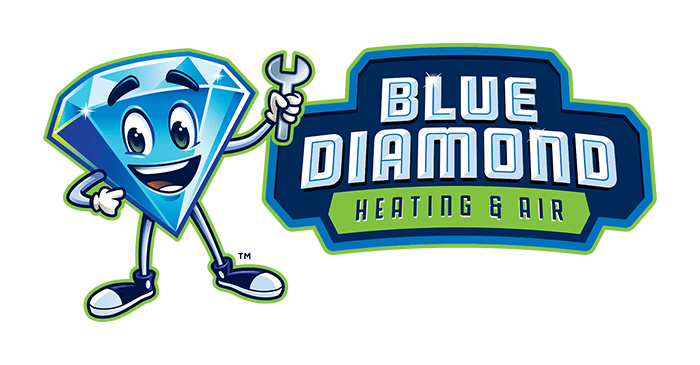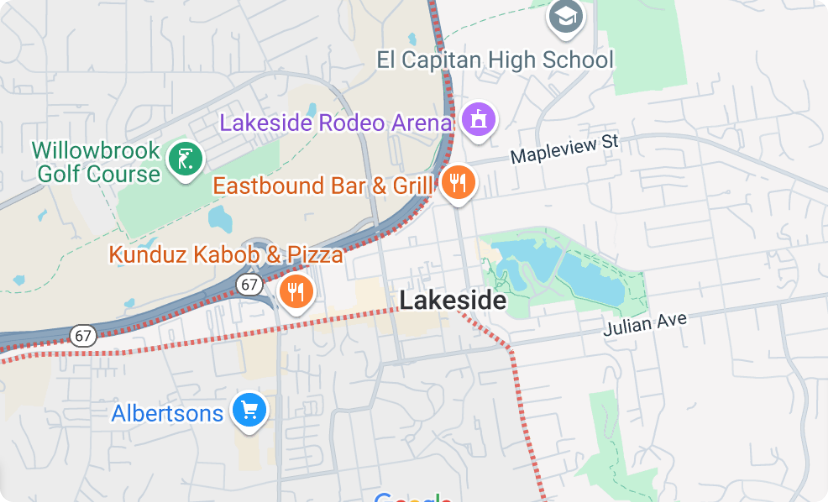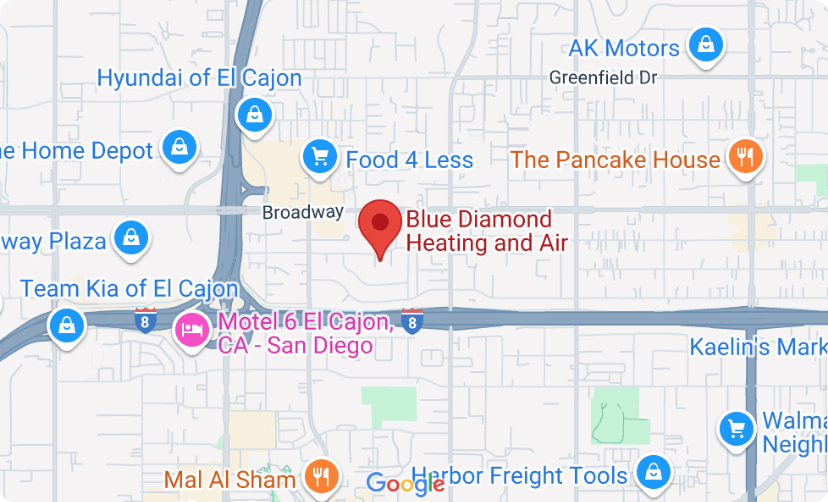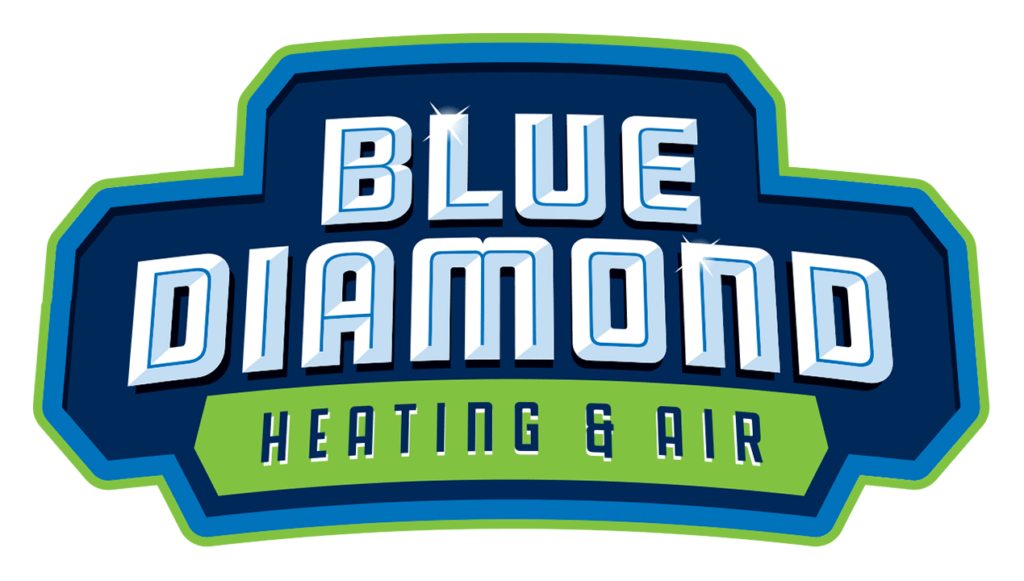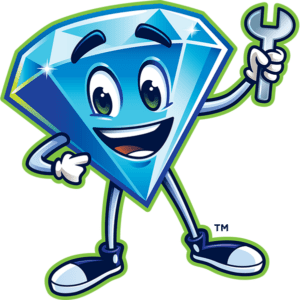Maintaining your HVAC system is essential for ensuring optimal performance and indoor air quality. A critical component of this maintenance is regularly replacing your HVAC filters. But how long do HVAC filters actually last? The answer depends on several factors, including the type of filter, environmental conditions, and specific household characteristics.
Types of HVAC Filters and Their Lifespans
The longevity of an HVAC filter largely depends on its type and quality. Here’s a breakdown of common filter types and their recommended replacement intervals:
-
Fiberglass Filters: These are basic, flat-panel filters that are relatively inexpensive. Due to their thin construction, they typically need to be replaced every 30 days.
-
Pleated Filters: Made from polyester or cotton folds, pleated filters are more efficient at capturing particles. Depending on their thickness, their lifespans vary:
- 1-inch filters: Replace every 30 to 60 days.
- 2-inch filters: Replace every 60 to 90 days.
- 3 to 4-inch filters: Replace every 6 to 9 months.
- 5-inch filters: Replace every 9 to 12 months.
-
High-Efficiency Particulate Air (HEPA) Filters: HEPA filters are designed to capture 99.97% of airborne particles. In residential settings, these filters can last up to two to three years, depending on air quality and usage.
Factors Influencing Filter Longevity
Several factors can influence how often you should replace your HVAC filter:
-
Air Quality: Homes in areas with high pollution or those affected by events like wildfires may require more frequent filter changes.
-
Presence of Pets: Pets shed hair and dander, which can quickly clog filters. If you have multiple pets, consider replacing your filter every 30 to 60 days.
-
Allergies or Respiratory Conditions: Households with individuals sensitive to allergens should replace filters more frequently to maintain optimal air quality.
-
System Usage: In regions with extreme temperatures, HVAC systems run more frequently, necessitating more regular filter replacements.
Signs It’s Time to Replace Your HVAC Filter
Even with general guidelines, it’s essential to monitor your system for signs that indicate a filter change is needed:
-
Visible Dirt and Dust: If the filter appears clogged or dirty, it’s time for a replacement.
-
Increased Energy Bills: A clogged filter forces your system to work harder, leading to higher energy consumption.
-
Allergy Symptoms: An increase in allergy or respiratory issues among household members can signal a dirty filter.
-
Reduced Airflow: If you notice weaker airflow from vents, a clogged filter might be the culprit.
Best Practices for Extending Filter Life
To maximize the efficiency and lifespan of your HVAC filter:
-
Regular Inspections: Check your filter monthly, especially during peak usage seasons.
-
Maintain a Clean Home: Regular cleaning reduces the amount of dust and debris that can clog filters.
-
Consider Upgrading Filters: Higher-quality filters may have longer lifespans and provide better air purification.
-
Schedule Professional Maintenance: Regular HVAC system check-ups can ensure all components, including filters, are functioning correctly.
Understanding the lifespan of your HVAC filter and the factors that influence it is crucial for maintaining a healthy home environment and ensuring the efficiency of your heating and cooling systems. By staying proactive and attentive to your system’s needs, you can enhance indoor air quality and extend the life of your HVAC system.
